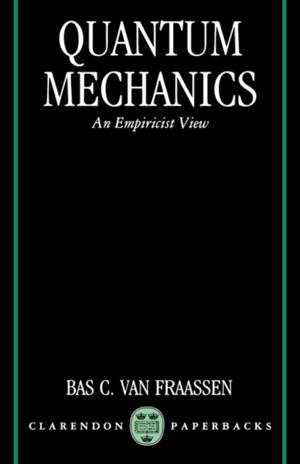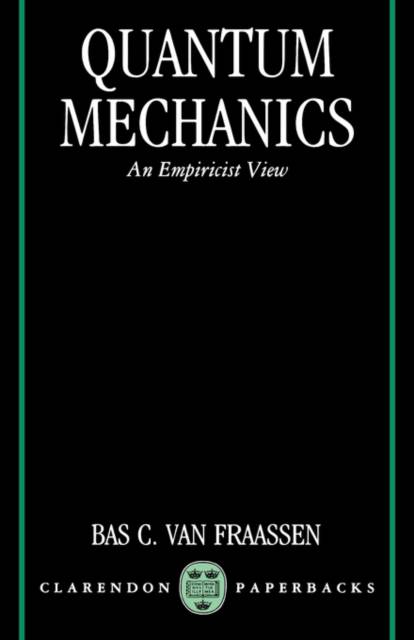
- Afhalen na 1 uur in een winkel met voorraad
- Gratis thuislevering in België vanaf € 30
- Ruim aanbod met 7 miljoen producten
- Afhalen na 1 uur in een winkel met voorraad
- Gratis thuislevering in België vanaf € 30
- Ruim aanbod met 7 miljoen producten
Zoeken
Omschrijving
After introducing the empiricist point of view in philosophy of science, and the concepts and methods of the semantic approach to scientific theories, van Fraassen discusses quantum theory in three stages. He first examines the question of whether and how empirical phenomena require a non-classical theory, and what sort of theory they require. He then discusses the mathematical foundations of quantum theory with special reference to developments in the modelling of interaction, composite systems, and measurement. Finally, the author broaches the main questions of interpretation. After offering a critique of earlier interpretations, he develops a new one--the modal interpretation--which attempts to stay close to the original Copenhagen ideas without implying a radical incompleteness in quantum theory. He again gives special attention to the character of composite, many-body systems and especially to the peculiar character of assemblies of identical particles in quantum statistics.
Specificaties
Betrokkenen
- Auteur(s):
- Uitgeverij:
Inhoud
- Aantal bladzijden:
- 560
- Taal:
- Engels
- Reeks:
Eigenschappen
- Productcode (EAN):
- 9780198239802
- Verschijningsdatum:
- 14/11/1991
- Uitvoering:
- Paperback
- Formaat:
- Trade paperback (VS)
- Afmetingen:
- 140 mm x 216 mm
- Gewicht:
- 703 g

Alleen bij Standaard Boekhandel
+ 286 punten op je klantenkaart van Standaard Boekhandel
Beoordelingen
We publiceren alleen reviews die voldoen aan de voorwaarden voor reviews. Bekijk onze voorwaarden voor reviews.







